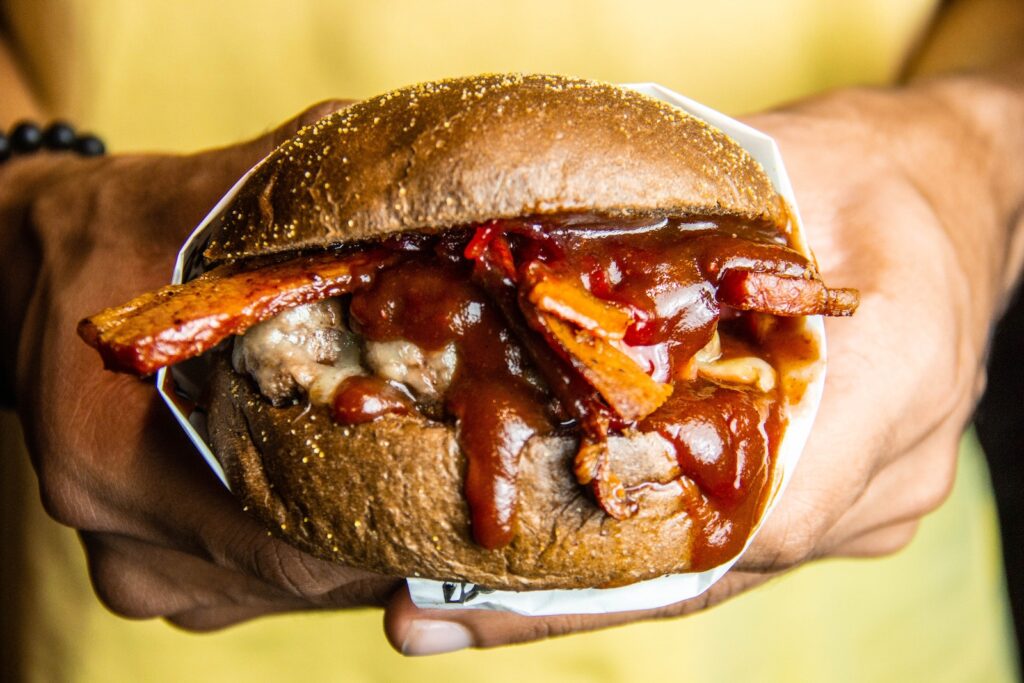
Top 25 Anti-Inflammatory Foods And Which Foods To Avoid
Top 25 Anti Inflammatory foods and which foods to avoid: Inflammation isn’t inherently bad—meaning it is the body’s natural way of repairing itself.
Acute, or short-term, inflammation occurs when you hurt yourself or get sick, or when you get a cut, break a bone, or come down with a cold. But when you’re in a state of chronic inflammation—which can be triggered by unhealthy food choices this stimulates an inflammatory response in the blood which can lead to a whole host of health problems.

“Chronic inflammation is thought to be at the root of a number of diseases. It is like a smoldering fire inside of your body,” says Nancy Park, a registered dietitian nutritionist with Henry Ford Health. “The risk of heart disease, obesity, inflammatory bowel diseases, arthritis, Alzheimer’s, psoriasis, and more could be reduced with an anti-inflammatory diet, as the nutrients in these foods contain properties known to ease inflammation. An anti-inflammatory diet could improve health conditions, lead to a longer life, and even slow the aging process.”
Top 25 Anti Inflammatory Foods
- Berries (e.g., blueberries, strawberries, raspberries)
- Turmeric
- Ginger
- Leafy green vegetables (e.g., spinach, kale, Swiss chard)
- Fatty fish (e.g., salmon, mackerel, sardines)
- Extra virgin olive oil
- Avocado
- Nuts (e.g., almonds, walnuts)
- Seeds (e.g., chia seeds, flaxseeds)
- Green tea
- Cruciferous vegetables (e.g., broccoli, cauliflower, Brussels sprouts)
- Tomatoes
- Oranges
- Grapes
- Cherries
- Pineapple
- Papaya
- Garlic
- Onions
- Sweet potatoes
- Mushrooms
- Lentils
- Quinoa
- Dark chocolate (in moderation, with high cocoa content)
- Green leafy herbs (e.g., basil, parsley, cilantro)

Top 25 Foods to Avoid or Limit as They May Contribute to Inflammation:
- Processed meats (e.g., sausages, hot dogs, deli meats)
- Refined carbohydrates (e.g., white bread, white rice, sugary cereals)
- Sugar-sweetened beverages (e.g., soda, energy drinks, sweetened juices)
- Fried foods (e.g., French fries, fried chicken)
- Margarine and shortening
- High-sugar snacks and desserts (e.g., cookies, cakes, pastries)
- Processed snacks (e.g., chips, crackers)
- Fast food (e.g., burgers, pizza, fried chicken)
- Artificial trans fats (often found in processed foods)
- High-fructose corn syrup (often found in processed foods and sugary drinks)
- Excessive alcohol
- Processed cheese and dairy products
- Red meat (e.g., beef, lamb, pork) in excess
- Processed convenience meals
- Vegetable oils high in omega-6 fatty acids (e.g., soybean oil, corn oil)
- Refined grains (e.g., white flour, white pasta)
- Artificial sweeteners (e.g., aspartame, sucralose)
- MSG (monosodium glutamate) and other artificial additives
- Highly processed breakfast cereals
- Store-bought salad dressings and sauces with added sugars
- Sweetened yogurt and flavored dairy products
- Non-organic fruits and vegetables exposed to pesticides
- Alcohol mixers and cocktails high in sugar
- Condiments with high sugar or unhealthy fat content
- Processed and packaged convenience snacks

Including these anti-inflammatory foods in your diet is crucial to reduce chronic inflammation, which is linked to numerous health conditions like heart disease, diabetes, obesity, autoimmune disorders, and certain cancers.
By adopting an anti-inflammatory diet, you can lower the risk of developing these conditions. Additionally, an anti-inflammatory diet promotes overall health by providing essential nutrients, antioxidants, and phytochemicals that support optimal bodily functions.
It helps maintain a healthy weight, supports cardiovascular health, improves digestion, enhances immune function, and promotes better mental health.
Furthermore, this type of diet supports joint health by reducing inflammation and alleviating joint pain.
It also plays a crucial role in promoting gut health, as chronic inflammation in the gut can contribute to digestive disorders. By consuming anti-inflammatory foods that support a healthy gut microbiome, you can reduce gut inflammation and maintain gastrointestinal well-being.
Moreover, an anti-inflammatory diet helps in modulating the immune system, promoting balanced immune function, and protecting against autoimmune conditions, allergies, and other immune-related disorders.
Lastly, by being rich in antioxidants, an anti-inflammatory diet combats oxidative stress and reduces cellular damage caused by free radicals. Incorporating anti-inflammatory foods into your diet is an essential component of a healthy lifestyle and healthy aging, along with regular physical activity, stress management, and sufficient sleep.
You May Also Enjoy: The Top 7 Blue Zone Foods



